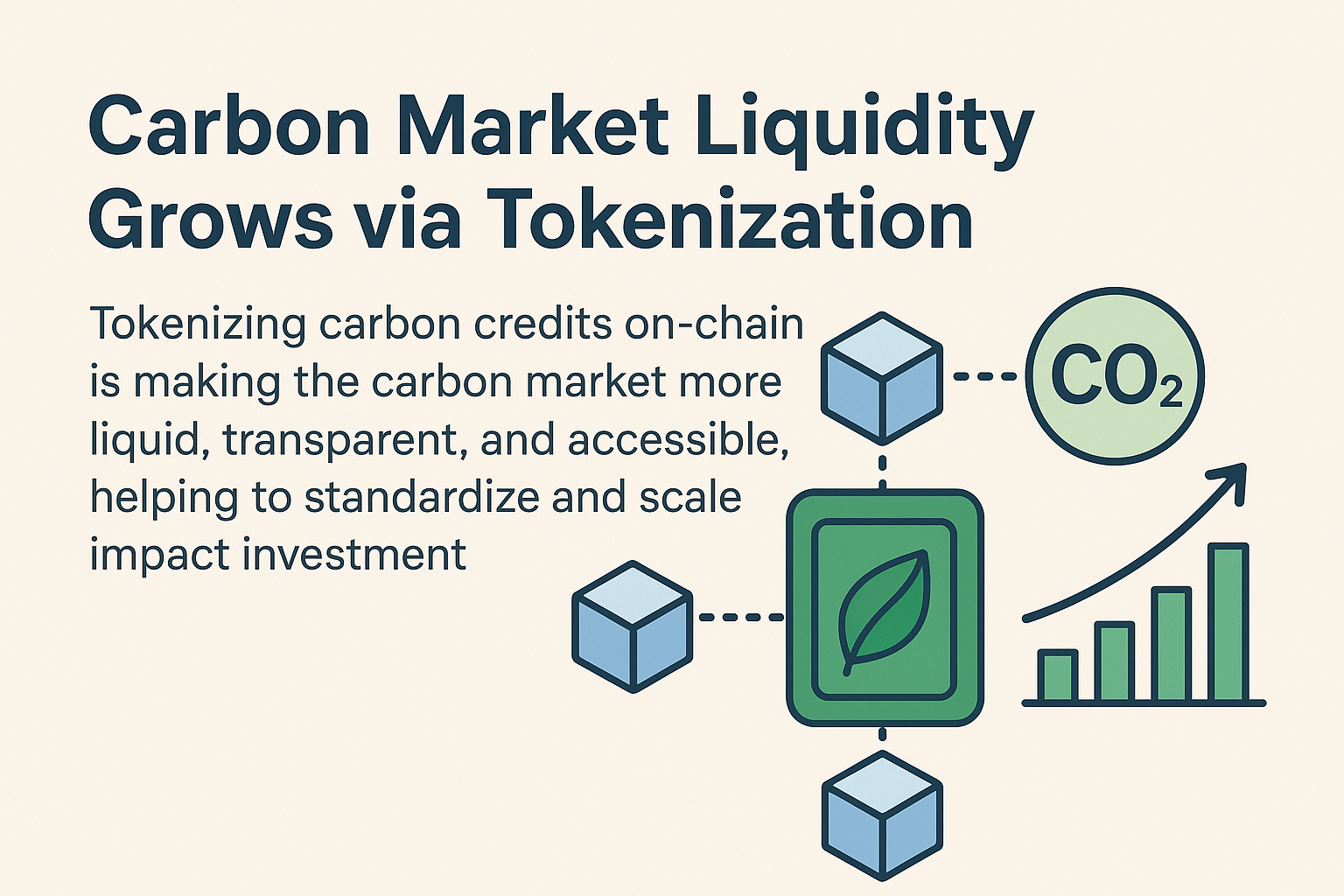India’s Telangana state is positioning itself at the forefront of blockchain adoption, exploring how this technology can transform public services and enhance governance. By piloting solutions such as remote voting and secure record management, Telangana is sending a clear signal: it intends to embrace innovation while balancing responsibility, scalability, and regulatory alignment.
A Bold Step Toward Digital Governance
Blockchain technology has long been hailed as a tool capable of bringing transparency, efficiency, and trust to public systems. Yet, its real-world adoption—especially by governments—has been limited by regulatory uncertainty and concerns over scalability. Telangana’s initiative stands out because it directly addresses these challenges, not by rushing into mass deployment, but by laying down a framework for responsible experimentation.
The state is reportedly working on blockchain-based systems that could allow citizens to vote remotely in a verifiable and tamper-resistant way. This could fundamentally reshape democratic participation, especially for those who live far from polling locations or abroad. Additionally, the technology may be deployed for secure document verification, land registry management, and other critical public services where transparency is key.
Why Telangana’s Approach Matters
India’s regulatory environment for Web3 and blockchain technologies remains in flux, with policymakers still defining guardrails for cryptocurrencies, decentralized platforms, and tokenized assets. Telangana’s measured approach—testing blockchain applications in governance without diving into speculative markets—could serve as a blueprint for other regions.
By focusing on practical, citizen-focused use cases, Telangana avoids some of the pitfalls seen in other blockchain experiments, where hype often overshadowed usability. The state’s efforts highlight an important lesson: blockchain’s true value may not lie in flashy financial products, but in improving public trust and accessibility.
Balancing Innovation and Regulation
Adopting cutting-edge technologies within a government framework requires collaboration between technologists, regulators, and policymakers. Telangana’s move comes at a time when countries worldwide are asking how to reap blockchain’s benefits without creating new risks for citizens. If successful, these pilots could provide concrete evidence that blockchain can be scaled responsibly—not just as a financial tool, but as an engine for public good.
Looking Ahead
As Telangana continues to explore blockchain integration, other Indian states and global governments will be watching closely. If the pilots succeed, we could see a wave of blockchain-powered governance solutions that make voting more inclusive, record-keeping more secure, and public services more transparent.
Telangana’s message is clear: the future of governance is digital, and blockchain could be one of its key building blocks.




